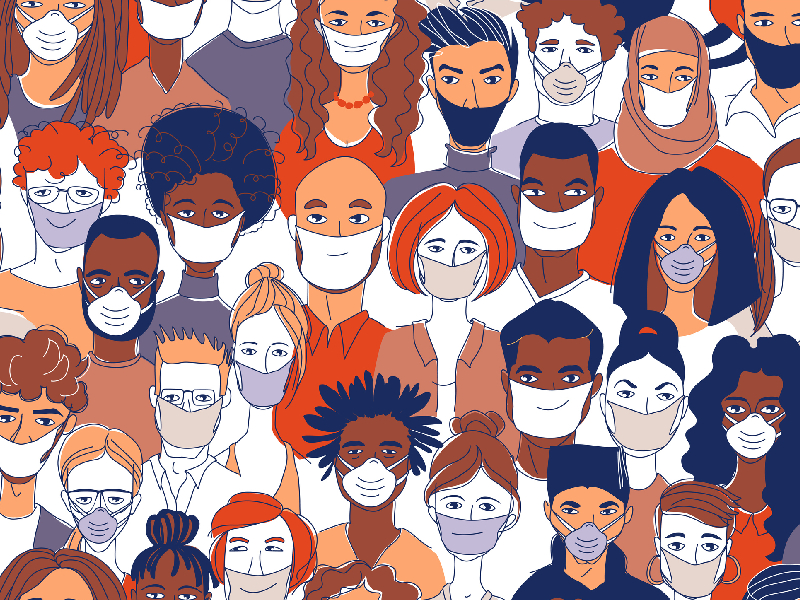|
By Caudia Cheung International students are extremely important to Canada’s society and economy. In 2019, approximately 642,480 international students studied in Canada. Between January to April 2020, Canada took in 67,000 international students from 156 countries. International students contributed approximately $21.6 billion to the country’s economy and supported 170,000 jobs. However, miles away from home, international students are now struggling to cope with the pandemic. Bryn de Chastelain – Chair, Canadian Alliance of Student Associations (CASA), and Ernest Akrofi Obeng – international student, University of Toronto, discuss the pandemic struggles of international students in Canada. The pandemic travel bans imposed by many countries and mandatory self-isolation resulted in many international students unable to go home. “They were trapped in communities that they weren’t planning on staying for this long, and it had a significant impact on mental health because they cannot see their family and loved ones,” says Bryn. Obeng, originally from Ghana; a different background and different social setting from Canada - thinks there is a cultural shock between the Canadian individualized lifestyle versus Ghana’s community-based lifestyle. He has to socially and culturally adjust himself to survive the pandemic. Obeng finds that many COVID-19 health protocols are challenging to him because he was not used to it, and it makes it harder for him to go home. Including, the new normal we all have to adapt in our social interactions. “It feels like we are not living in reality. We are lost,” says Ernest Akrofi Obeng – international student, University of Toronto According to Bryn, several financial aid programs were introduced to support Canadians and students, known as the Canada Emergency Student Benefit (CESB). However, these programs were not easily available to international students. With the tremendous cost of living along with tuition fees and difficulty in finding work - has not made for an easy experience. “There is a lot of inequality between the treatment [of] domestic students and international students.” Bryn de Chastelain, Chair of Canadian Alliance of Student Associations (CASA) CESB was only available for international students if they made more than $5,000 in the previous year. Due to restrictions on their study permit, some international students cannot work a certain number of hours off-campus through the year. These limitations made it very difficult for international students to get financial aid. In terms of health insurance and policy provided to international students during the pandemic, the compulsory University Health Insurance Plan (UHIP) is available. UHIP covers emergency and hospitalization fees at hospitals, as well as drug dispensation fees during hospitalization. The Public Health Unit covers COVID-19 testing. According to Bryn, there is not enough information on what the COVID-19 vaccination plan would look like for international students. They would have to wait for any future announcement from the related department(s). When it comes to mental well-being, feelings of anxiousness, helplessness or confusion during these challenging times are valid. Many institutions and student unions are trying very hard to ensure availability of mental health resources to students. According to Obeng: “Try reaching out to friends or social supports. Video call, phone call, or WhatsApp will help you connect. Find and create some hobbies. Try something that will cool you down.” For more mental health support and related resources click here. |
Recent Posts
Categories
All
Archives
February 2022
|
|
GET THE APP!
Listen to VIBE 105 anywhere you go!
|
OUR STATION
|
TUNE IN RADIO
|
STAY CONNECTED
|
Copyright © 2021 Canadian Centre for Civic Media and Arts Development Inc. Except where otherwise noted, presentation of content on this site is protected by copyright law and redistribution without consent or written permission of the sponsor is strictly prohibited.







 RSS Feed
RSS Feed


